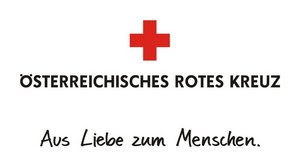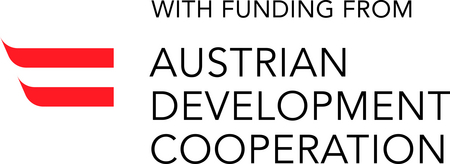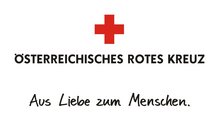
WHEN COLLABORATION SPARKS CHANGE: ADVANCING PGI IN ETHIOPIA AND RWANDA
“Humanitarian work is not only about saving lives; it is about ensuring dignity, equity, and safety for every individual we serve,” said the Ethiopian Red Cross, Secretary General, Abera Lulessa at the beginning of the PGI Plan of Action workshop in Ethiopia in March 2025. A sentiment that has become the center of the journey to Advance PGI in Ethiopian Red Cross.
Earlier this year, Ethiopia and Rwanda underwent in-depth PGI organisational assessments, spearheaded by the IFRC and Austrian Red Cross through the Skybird II project in collaboration with partner National Societies. In Ethiopia, PNs such as the Netherlands Red Cross, British Red Cross, Finnish Red Cross, and German Red Cross participated, while in Rwanda, the Spanish Red Cross participated.
Teams first presented the assessment findings and recommendations to staff and leadership in both countries, sparking honest reflections and constructive dialogue. This was done in March and May 2025 in Ethiopia and Rwanda, respectively. Building on this, partners and National Societies jointly developed activities to address the gaps and opportunities identified. These activities were then consolidated into PGI Plans of Action, which were finalised and presented to the Senior Management Teams (SMT) of both ERCS and RRC. With SMT endorsement, the plans were approved for implementation, a powerful signal of leadership commitment.
For the first time, partners co-created joint PGI Plans of Action in both Ethiopia and Rwanda. These plans set out shared priorities across three themes:
- Leadership Commitment: Strengthening governance and senior management buy-in to champion PGI across all levels of the organization.
- Prevention of Sexual Exploitation and Abuse (PSEA): Embedding PSEA measures institutionally and programmatically to safeguard communities and enhance accountability.
- Programmatic integration to embed PGI principles across all sectors, such as WASH, health, disaster response, and community programs, throughout the program cycle, making it an everyday reality.
- Advocacy to foster partnerships, influence policies, raise awareness, and drive sustainable change, ensuring PGI remains a priority within and beyond the Movement.
The value of this collaboration has been striking. Instead of fragmented approaches, the joint plans mean pooling resources, learning from one another, and lifting each other up. “It feels like we are no longer working as individual National Societies, but as one Movement family,” shared a partner representative during the joint planning workshop.
The Austrian Red Cross has played a pivotal role in accompanying both ERCS and RRC in the rollout of their plans. With technical support, shared expertise, and a united front, the implementation is already strengthening trust, accountability, and impact at the community level.
By working together, the Movement has shown that PGI is not an add-on, it is the foundation of principled, inclusive humanitarian action. And when collaboration sparks change, it transforms not only institutions, but lives.

